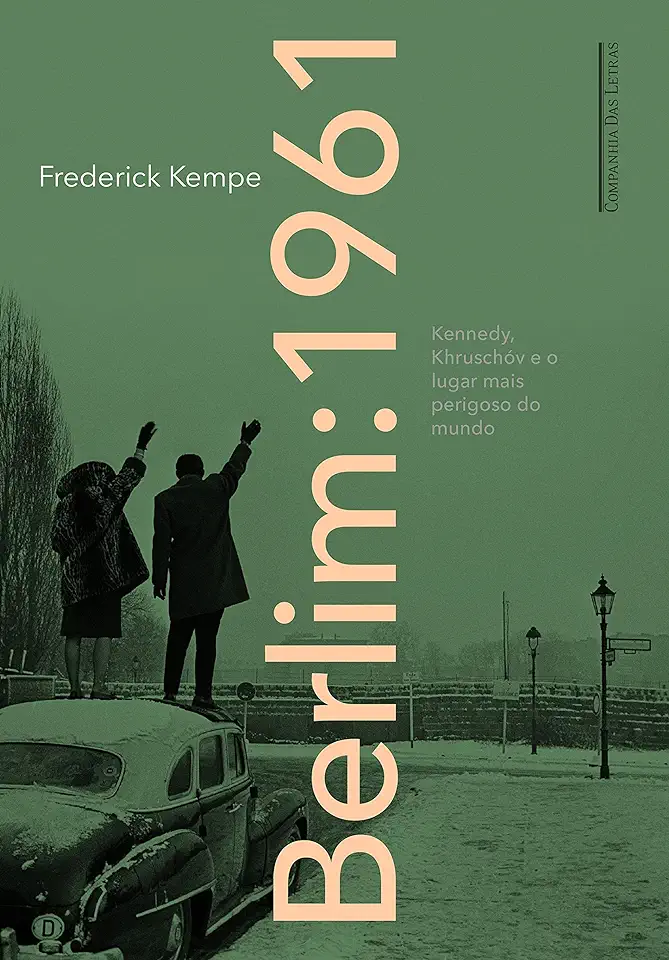
Berlin 1961 - Frederick Kempe
Berlin 1961: A City on the Brink
In the heart of the Cold War, Berlin stood as a symbol of freedom and democracy, surrounded by the oppressive forces of Soviet communism. In this gripping historical account, Frederick Kempe takes readers on a thrilling journey through the tumultuous events of 1961, when the city teetered on the brink of nuclear war.
A Divided City
Berlin, once a thriving metropolis, had been split in two after World War II, with the Western sectors occupied by the United States, Britain, and France, and the Eastern sector under Soviet control. The city became a microcosm of the global conflict between democracy and communism, and tensions between the two sides were constantly escalating.
The Berlin Crisis
In 1961, the situation in Berlin reached a boiling point. Soviet leader Nikita Khrushchev, determined to consolidate his power in Eastern Europe, issued an ultimatum: either the Western powers would agree to recognize East Germany as a separate state, or he would cut off all access to West Berlin.
The Wall Goes Up
In response to Khrushchev's threats, the United States and its allies refused to back down. President John F. Kennedy famously declared that "we will not permit the Communists to drive us out of Berlin," and ordered the deployment of additional troops to the city.
On August 13, 1961, the Soviets made their move. Overnight, they erected a barbed wire and concrete barrier that would eventually become known as the Berlin Wall. The city was effectively cut in half, and families, friends, and even entire neighborhoods were separated.
The World Holds Its Breath
The construction of the Berlin Wall sent shockwaves around the world. The United States and the Soviet Union, the two superpowers of the Cold War, were now on the brink of direct military confrontation. The world held its breath, fearing that any misstep could trigger a nuclear war.
A Test of Wills
For the next several months, the United States and the Soviet Union engaged in a tense standoff over Berlin. Kennedy and Khrushchev exchanged heated letters, each refusing to back down. The world watched anxiously as the two leaders maneuvered for advantage, trying to avoid a catastrophic conflict.
The Wall Comes Down
Finally, in October 1961, the crisis began to ease. Khrushchev backed down from his demands, and the United States and the Soviet Union agreed to a temporary agreement that would keep the peace in Berlin. The Berlin Wall would remain in place for another 28 years, but the crisis of 1961 had shown the world that the Cold War was a dangerous game with potentially devastating consequences.
A Legacy of Freedom
Berlin 1961 is a gripping account of one of the most dangerous moments in modern history. It is a story of courage, determination, and the power of diplomacy. It is also a reminder of the importance of freedom and democracy, and the sacrifices that people have made to protect them.
Why You Should Read This Book
Berlin 1961 is a must-read for anyone interested in history, politics, or international relations. It is a thrilling narrative that will keep you on the edge of your seat, and it is also a thought-provoking exploration of the human condition.
This book is a powerful reminder of the fragility of peace and the importance of standing up for what you believe in. It is a story that will stay with you long after you finish reading it.
Enjoyed the summary? Discover all the details and take your reading to the next level — [click here to view the book on Amazon!]